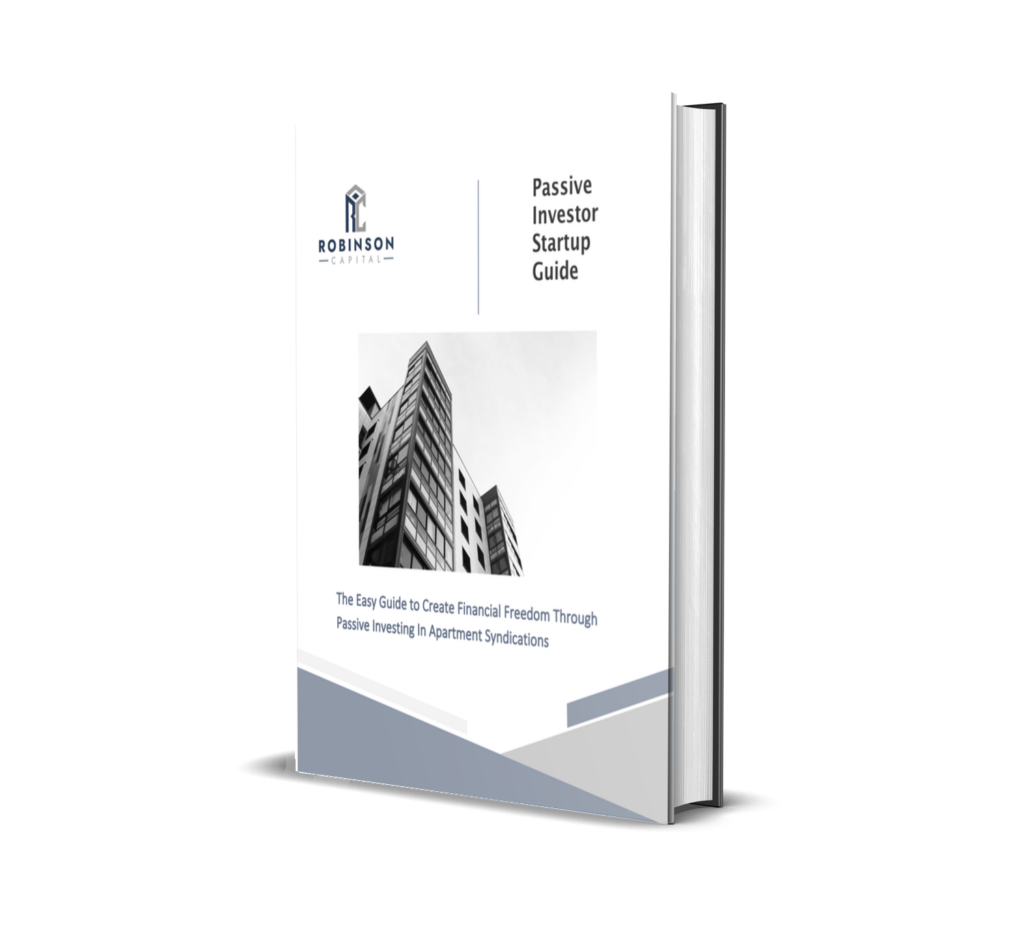In separate posts, I discussed how to find active syndicators as well as what to look for in a syndicator. After having met a sponsor, passive investors should set up an initial call to better familiarize themselves with that sponsor and his or her team. Here, I summarize five basic questions every passive investor should ask when engaging prospective syndicators.
What is your experience?
Understanding the sponsor’s experience is essential. Have they been in the real estate industry for a while? What transferable experience or skillsets do they bring to the table that ensures success of first preserving and then growing your investment capital?
For example, if someone is a new syndicator, but you find that he or she has worked in lending or asset management for most of his or her career, those may be transferable skills that they bring to the tableWhat is your business model?
Who is your team?
In the syndication business, no one can do it all on his or her own. There are so many moving parts from finding deals, raising capital, asset management, marketing and so on, and there are various expertises to depend upon: accounting, tax, legal, property management and more.
To gauge understanding of who your prospective syndicator works with, ask about the team. Allow the sponsor to explain his or her network. Listen for variety of skillsets, depth of relationships and credibility. Be attentive to cues that demonstrate a well-connected sponsor. These are clues to experience and resourcefulness, both of which area critical for a manager of other people’s investment capital
Do you invest in your own deals?
A common question from passive investors, and a fair one indeed. The reason for asking this question is apparent, but worth visiting here. As a passive investor, you want to gauge whether the sponsor and his or her team has personal funds invested in their own deals. Their having “skin in the game” demonstrates that there is confidence in their own deals and most importantly to you, alignment of interests.
What is your typical hold and exit strategy?
By asking this open-ended question, you are getting a gauge of the sponsor’s typical deal structure and investment philosophy. Allow him or her to speak about past experience and share any noteworthy examples. What you are listening for is a conservative, flexible approach to investing as well as multiple exit strategies. Why is this important?
You want to understand the level of risk in the sponsor’s typical deal. Do they project conservative rent growth and terminal cap rates? Do they bank solely on one exit strategy that is highly dependent upon aligning of multiple variables? These are hints to the investment philosophy and risk profile of the sponsor and his or her team.
Can you share references of other passive investors?
There is no better credibility than that given from a third party. Ask for references. If you are engaging a new sponsor that has not yet completed a deal, not being able to share their own reference is understandable. This is why you ask about the team and network; perhaps you can obtain references for members of the team.
If the sponsor is experienced and declines to offer references, run – do not walk – away. This unknown is not worth the risk to your hard-earned investment capital. Once you obtain a couple references, you now have the ability to call and get intelligent insight from those who have done deals with the sponsor of interest.
Building Trust…
Notice that these five highlighted questions do not talk about projected returns. This is intentional, as the initial call should be to get to know the person, not the deal. Remember, before there is a deal, there must be a relationship. To ensure success, passive investors must place high value on trust and solidarity with the selected sponsor. When there is trust, there is peace with your hard-earned investment capital. Trust in the sponsor is the prerequisite before identifying and selecting the deal itself.
Safe investing!
Passive Investor Startup Guide

To find out more about what it looks like to invest as a passive investor in multifamily real estate, download our free Passive Investor Startup Guide here!
Popular Passive Investor Articles
- – Mindset: Freedom through passive investing
– What is multi-family syndication?
– Do I have to be accredited to invest in a syndication?
– How passive investors can find great sponsors
– What to look for in potential syndicators
– About Robinson Capital
If you invest in stocks or other assets are seek to diversify your portfolio, achieve higher returns or get educated on the power of real estate, subscribe to my articles for automatic updates on new weekly content. Also, sign up for our newsletter for regular updates on our business and to learn how you can passively invest and grow your wealth through real estate.

Rodney Robinson II
[email protected]